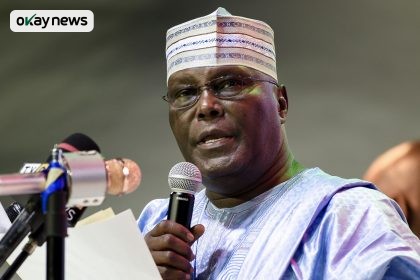Nigeria’s oil sector has suffered staggering financial losses of about N8.41 trillion due to crude theft and metering deficiencies between 2021 and July 2025, according to recent data from the Nigerian Upstream Petroleum Regulatory Commission (NUPRC).
The report reveals the country lost 37.6 million barrels in 2021, 20.9 million barrels in 2022, 4.3 million barrels in 2023, 4.1 million barrels in 2024, and 2.04 million barrels between January and July 2025.
Converted to dollar terms, using average Brent crude oil prices, the cumulative loss stands at $5.61 billion, equivalent to N8.41 trillion at the current exchange rate of N1,500 per dollar. To contextualize, this amount could fund 56,074 primary health centres, 129,401 classrooms, or over 10,000 kilometres of roads nationwide.
okay.ng reports that the losses significantly outstrip federal allocations for major sectors. For instance, the N8.41 trillion lost exceeds the entire 2025 health budget of N2.48 trillion and dwarfs the education budget of N3.52 trillion.
Experts warn that the mismanagement has broader consequences. United States–based consultant Chukwuma Atuanya said, “The country still needs an additional 400,000 barrels per day (bpd) to reach the 2 million bpd target by December 2025. Losses of 9,600 bpd are still significant.”
He attributed improvements to military interventions, improved metering, unmanned surveillance, and community involvement. However, Atuanya warned that oil theft continues to weaken the naira, shrink budgets, and drive away investors.
Energy law scholar Professor Dayo Ayoade expressed doubts about the accuracy of NUPRC’s figures, pointing to weak metering and accountability gaps. He insisted that “until we start jailing people—including complicit security officials and politicians—this cycle will continue.”
Despite these criticisms, NUPRC highlighted progress, noting that July 2025 losses dropped to 9,600 bpd, the lowest in 16 years. The agency credited reforms under the Petroleum Industry Act (PIA) of 2021, as well as stricter monitoring and community engagement.
Still, the debate underscores a critical paradox—while theft levels have decreased, cumulative losses have drained opportunities that could transform Nigeria’s healthcare, education, and infrastructure.







